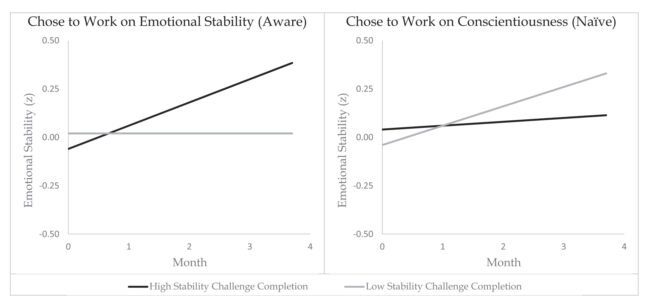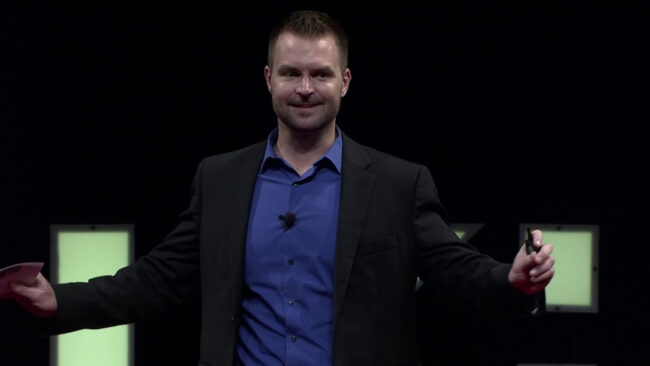College-aged students can alter personality traits such as conscientiousness and emotional stability through intervention, according to research studies led by SMU Psychology Assistant Professor Dr. Nathan Hudson. Improved conscientiousness could occur when the participant does not know what is being tested. However, emotional stability requires people to be aware of the trait being tested because they need the desire to change, according to studies published in the “Journal of Research in Personality.”
“There seems to be an identity aspect to emotional stability,” Hudson said. “So, simply just engaging in activities that should increase emotional stability like journaling or exercise, doesn’t necessarily seem to work unless you’re like ‘hey I want to become more emotionally stable’.”

These studies were conducted to show how it’s possible for people to change their personality traits and become better versions of themselves. Participants were asked to complete a list of 50 tasks per personality trait, such as cleaning up one’s room or creating a calendar for the week. They were evaluated on their effectiveness after these challenges were completed.
Hudson has conducted significant research in the past on the ability of intervention to change personality traits, but he decided to focus on conscientiousness and emotional stability in his most recent studies.
The results from these studies could help students at SMU by showing them that it is possible to improve their conscientiousness, which could make them better students, said Ally Lobel, a senior at SMU majoring in psychology.
“That [conscientiousness] could be really helpful and make you more reliable when you’re applying to jobs or going to classes,” she said. “Being on time and being organized in life is really important, so you can achieve the goals you have in mind.”
Understanding the results of these studies can encourage people to develop good habits that will help them beyond college as well, said Dr. Christine Woodbury, educational psychology professor at SMU.
“Employers have high expectations, and I think we could practice that as college students,” she said.









